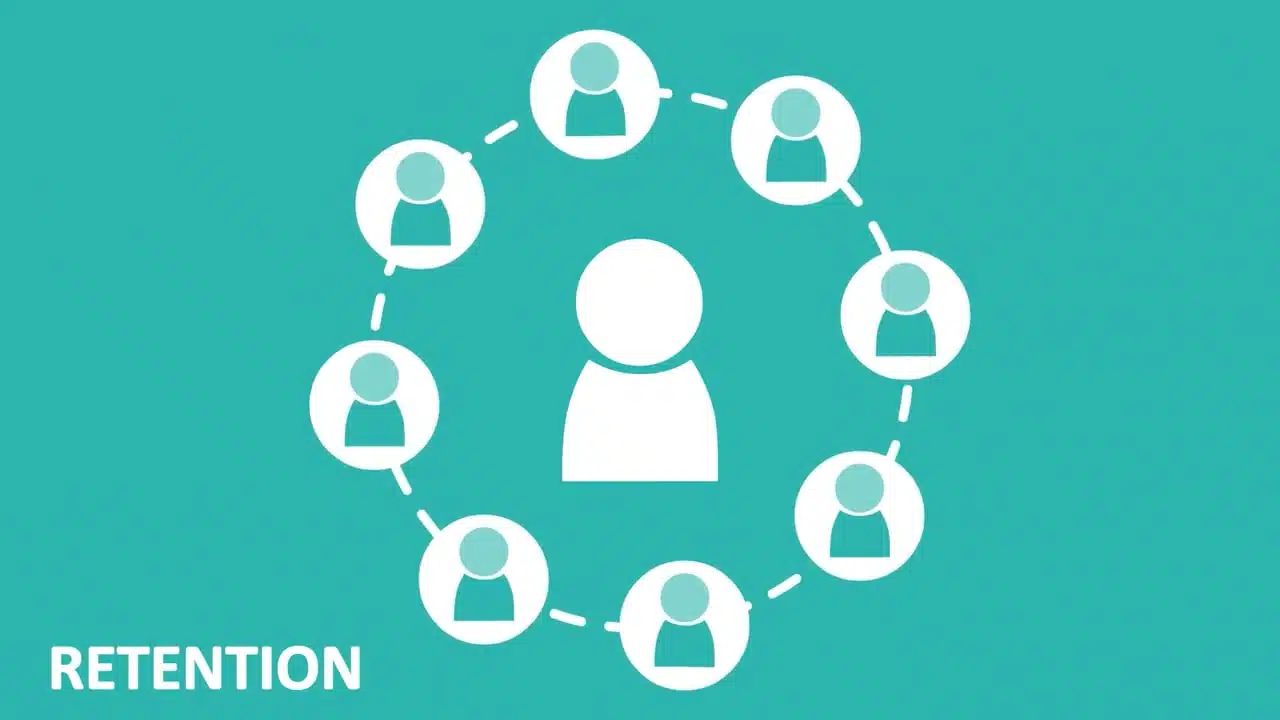Unlock Retention, Maximize Value, and Scale Profitability
Strativera’s Customer Lifetime Value Strategy Services help businesses increase long-term revenue by focusing on the metrics and moments that matter most. Our approach blends CLTV analytics, behavioral insights, and lifecycle strategy to optimize customer engagement and maximize the return on every acquisition.
We don’t just calculate lifetime value—we help you improve it. From defining your ideal retention benchmarks to identifying friction points across the customer journey, we uncover new growth levers, reduce churn, and extend the lifetime of every account. Whether you’re building a CLTV model from scratch or need to optimize an underperforming segment, we turn insights into action.


Strativera’s Customer Lifetime Value Strategy Services help businesses increase long-term revenue by focusing on the metrics and moments that matter most. Our approach blends CLTV analytics, behavioral insights, and lifecycle strategy to optimize customer engagement and maximize the return on every acquisition.
We don’t just calculate lifetime value—we help you improve it. From defining your ideal retention benchmarks to identifying friction points across the customer journey, we uncover new growth levers, reduce churn, and extend the lifetime of every account. Whether you’re building a CLTV model from scratch or need to optimize an underperforming segment, we turn insights into action.
Verified client reviews collected on Clutch — executives, founders, and growth teams share their experience working with Strativera.
Build accurate lifetime value calculators tailored to your business model and revenue structure
Track average customer value across cohorts, products, and channels
Leverage predictive analytics to forecast lifetime customer value and retention risk
Map customer journeys by lifecycle stage, behavioral triggers, and key revenue milestones
Define KPIs that reflect short- and long-term value creation
Prioritize strategies that increase customer LTV through upsell, cross-sell, and retention initiatives
Create behavioral and value-based segments to personalize retention and engagement strategies
Align CRM marketing and email funnel messaging to lifecycle stage and customer potential
Target high-LTV segments with predictive outreach and customer success playbooks
Identify drop-off points, friction areas, and delayed activation moments across the lifecycle
Implement nurture and retention workflows that improve engagement velocity
Use data-backed insights to refine onboarding, expansion, and renewal experiences
Strativera applies a structured four-phase execution model to ensure your CLTV strategy isn’t just a metric—it’s a growth engine. We align customer value insights with your go-to-market model, refine how teams measure and act on customer signals, and build systems that increase retention, revenue per account, and total lifetime value.
Our clients are our partners. Together, we create clarity, drive momentum, and deliver measurable growth.
Customer lifetime value (CLTV) is a measure that predicts how much money a business can make from a customer over time. It provides a clear view into the long-term financial impact of acquiring and retaining customers. By understanding CLTV, businesses can focus on high-value groups. They can also improve spending on acquiring customers and adjust retention strategies. This helps to increase the average customer value across different groups.
Customer lifetime management (CLM) is a strategy that helps guide customers at every stage of their journey. This includes onboarding and renewal. By monitoring behavioral signals and lifecycle milestones, businesses can proactively address churn risk, deploy targeted engagement strategies, and improve satisfaction. CLM ensures every interaction adds value, leading to stronger loyalty, higher retention, and greater profitability over time.
A lifetime value calculator is a tool that helps estimate how much money a customer will bring in. It uses past data and future behavior predictions. Businesses use it to segment customers by value, measure marketing ROI, justify acquisition investments, and support forecasting. When customized to a company’s specific model, it becomes an essential part of revenue planning and resource allocation.
To increase customer LTV, businesses should focus on the full customer lifecycle:
Personalize experiences based on usage and behavior
Improve onboarding and time-to-value
Implement targeted upsell and cross-sell campaigns
Use retention triggers and win-back workflows
Continuously monitor engagement metrics to evolve strategies
By applying data insights at each touchpoint, brands can deepen relationships and expand account value.
Customer value metrics reveal which segments are most likely to expand, convert, or renew. These insights guide the timing, offer structure, and messaging of cross-sell and upsell campaigns. For example, identifying accounts with high product adoption but low contract value can signal a strong upsell opportunity. Metrics turn growth initiatives from guesswork into targeted, measurable actions.
Customer value metrics provide a foundation for sustainable growth. They allow organizations to:
Identify their most profitable customer segments
Allocate resources to maximize ROI
Measure retention, satisfaction, and expansion potential
In short, they give leadership clarity on what’s working, what’s not, and where to invest next.
Small businesses can implement customer lifetime management by:
Tracking engagement and churn indicators in their CRM
Using marketing automation to deliver personalized follow-ups
Defining clear customer journey stages
Focusing on delivering consistent value at every interaction
Even without complex systems, consistency, segmentation, and proactive communication can significantly extend customer relationships and boost LTV.
Common tools include:
CRM platforms like HubSpot or Salesforce for tracking customer journeys and lifecycle stages
Analytics platforms for segmentation, cohort tracking, and behavior analysis
Data visualization tools like Tableau or Looker to monitor CLTV trends over time
Marketing automation platforms for deploying value-based campaigns
These tools, when integrated and customized, allow businesses to visualize performance and take action across customer segments.